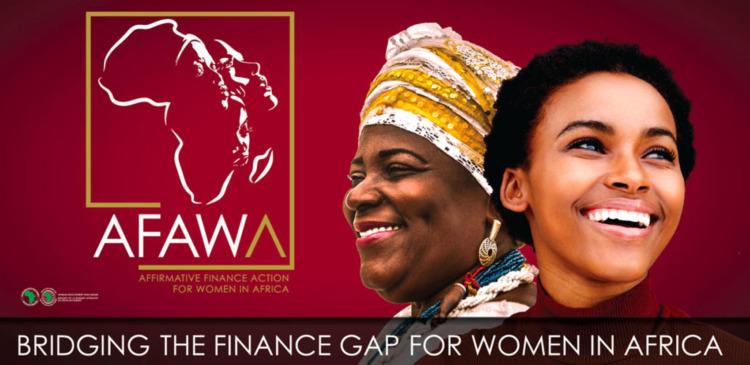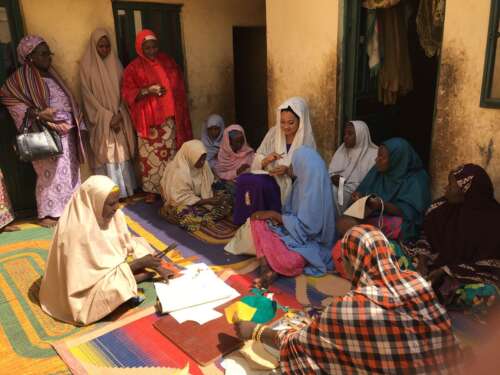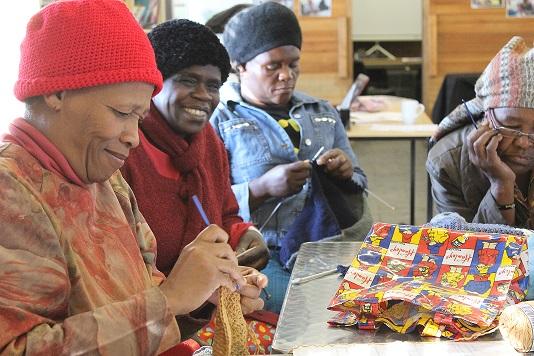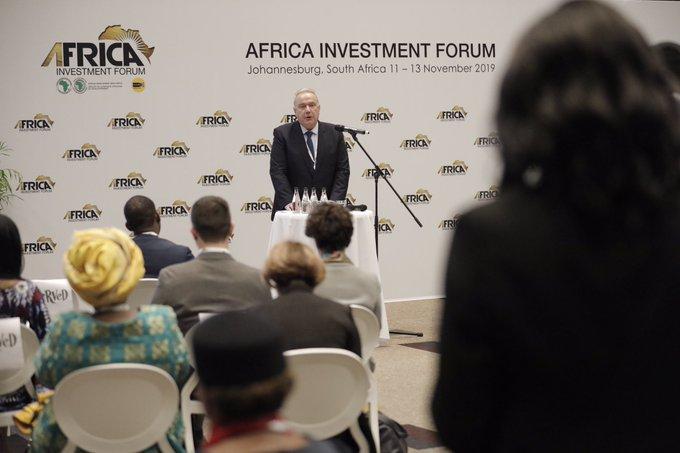- Africa’s new dawn: the rising role of digital and AI in agriculture
- Can Dangote Refinery Transform Africa Energy Ambition
- Gallup Survey: 80 per cent of Kenyan Workers Are Disengaged and Seek New Opportunities
- Madagascar Man Freed from 5KG Tumor After 15-Year Struggle
- How women in Africa are perceived and treated
- Sugar consumption in Kenya to Increase to 1.23 Million Tonnes
- Can Somalia and Turkey Oil deal Bring Change in Somaliland
- Remittances to Kenya dropped to $371.6 million in June, marking a six month low
Browsing: Women in business
Women entrepreneurs from Africa have a reason to smile following a move by the African Development Bank Group to launch a project seeking to enhance viability and sustainability of these businesses.
While all countries will be considered, preference will be given to proposals implemented in the following countries: Cameroon, Congo, Democratic Republique of Congo, Gabon, Kenya, Lesotho, Madagascar, Malawi, Morocco, Mozambique, Senegal, South Africa,Tanzania, Rwanda and Zambia to align with the ongoing Affirmative Finance Action for Women in Africa (AFAWA) Guarantee for Growth Program pipeline.

The AFAWA program dubbed allows entrepreneurship enablers, which include business associations and civil society organizations, play an important role in empowering women to establish bankable SMEs and other businesses.
However, the enablers themselves often face challenges, such as long-term growth plans and lack of financing, which reduce their reach, impact and sustainability.
Funding requests may be for a specific project or for …
March 8th marked the celebrations of International Women’s day under the theme ‘choose to challenge’. As women across the world choose to challenge societal norms and the traditional disregard of women, African women are steering the growth of the continent as pivotal players.
A commonly shared African proverb says, ‘when you educate a boy, you train a man; if you educate a girl, you train a village.’ This proverb simply highlights the impact women have on the community when given a chance and a voice. In the economic history of the African community, women were sidelined and viewed as lesser than their male counterparts.…
In 2013, the African Union penned the Agenda 2063 policy meant to revolutionize Africa into a formidable powerhouse among global players.
Key pillars of the policy include a thrust toward poverty eradication and sustainable development. The key to the achievement of this policy and any other that promotes Africa’s future lies in transforming the economic fortunes of its people.
Africa’s population is on a growth trajectory and is expected to double by 2025.One of the most significant challenges that the continent faces addresses the critical issue of absorbing these large numbers into meaningful income-generating opportunities.
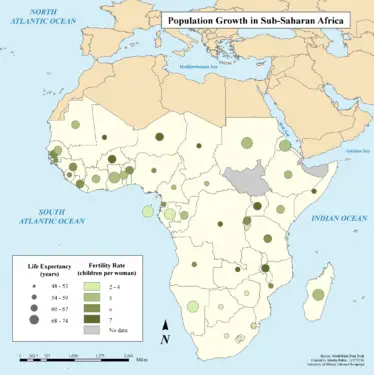
Currently, the employment gap vis-à-vis the growing employable population is widening. This is in part due to the coronavirus pandemic that created a situation of dwindling demand in labor after lockdowns and travel restrictions. Also, the current education gap creates a lack of access to education as well as skills training among employable youth. As …
Since the September 1995 United Nations’ Fourth World Conference on Women, one would think that the world would have achieved gender parity in all areas and sectors.
However, while there have been important gains over the years, there are still areas that need more work and revised strategies to reduce the gap and meet the target.
Following the world largest global gathering on gender equality in Beijing, China, 25 years ago, member states agreed that the meeting would be a basis for “comprehensive and transformative agenda for gender equality and the empowerment of women and girls.”
A recent report: Gender Equality: Women’s Rights in Review 25 years after Beijing aimed at taking stock of progress has concluded that the implementation has flopped short of the initial potential.
The review by the United Nations Women (UN Women), notes that although the last 25 years have recorded growth in some areas …
Women mean business in Africa, and available data shows that they tend to execute business operations or manage, compared to their male counterparts, thus—supporting women business with credit, business skills, and conducive operating environment might be the break that Africa has been eyeing.
According to the World Bank Report (Profit from Parity, Unlocking the potential of women business in Africa-2019), there are three factors that are found to limit women potentials in the business sphere, which are social norms, legal discrimination and the risk of gender-based violence ( for instance, the report shows, 14 per cent of women entrepreneurs in Malawi have been subjected to physical or emotional violence from their male counterparts).
All three factors are also buried under various segments such as endowment, which carry: education/skills, confidence or risks, finance and assets, networks and information. Another segment, that is an underlying constraint is the household level environment, which …
The European Investment Bank (EIB) has launched a new initiative to boost gender equality and female economic empowerment. The aim of SheInvest is to mobilise EUR 1 billion of investment that can benefit millions of women across Africa with better access to finance and by making sustainable infrastructure services and products work for them.
This initiative was launched simultaneously at the Africa Investment Forum in Johannesburg and at the EIB headquarters in Luxembourg.
Building on experience in northern and sub-Saharan African countries as well as in gender-focused lending, the EIB will step up efforts to further invest in projects, sectors and markets that have a transformative effect on gender equality and can increase the capacity of women and girls to participate in the economy and labour market.
“Unlocking the potential of women is key to boosting Africa’s economic growth. In several African countries many women still lack access to basic …





